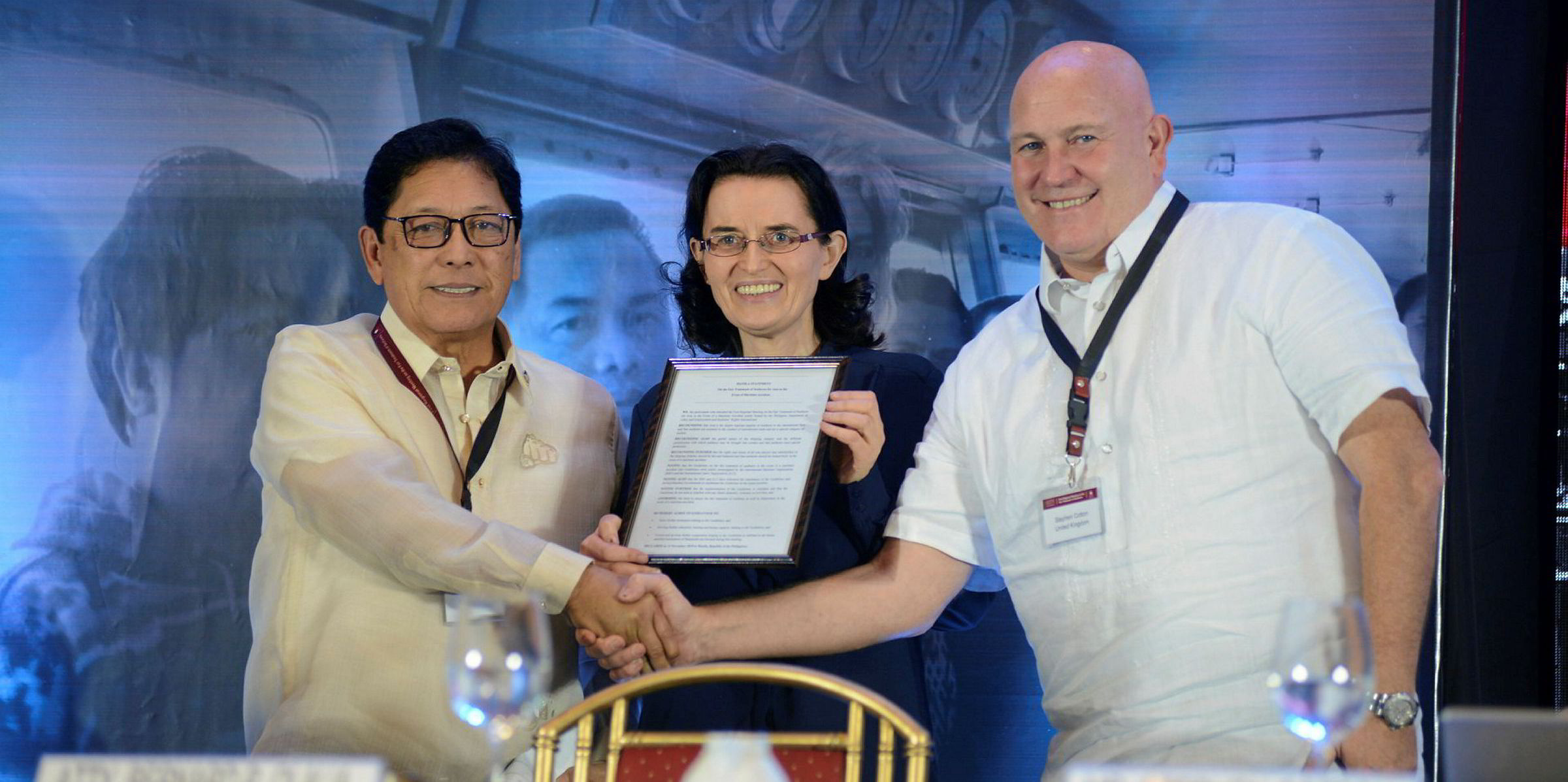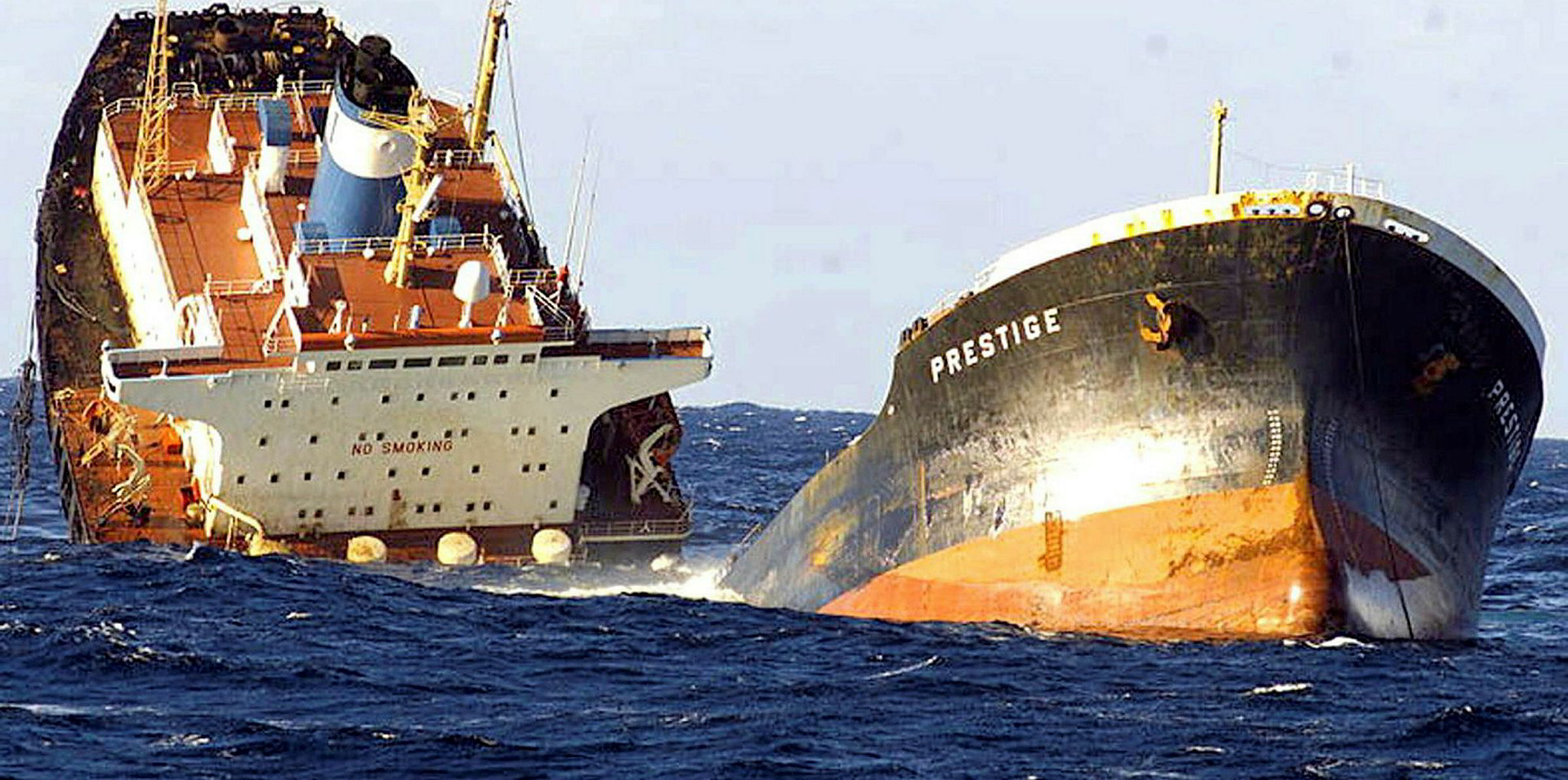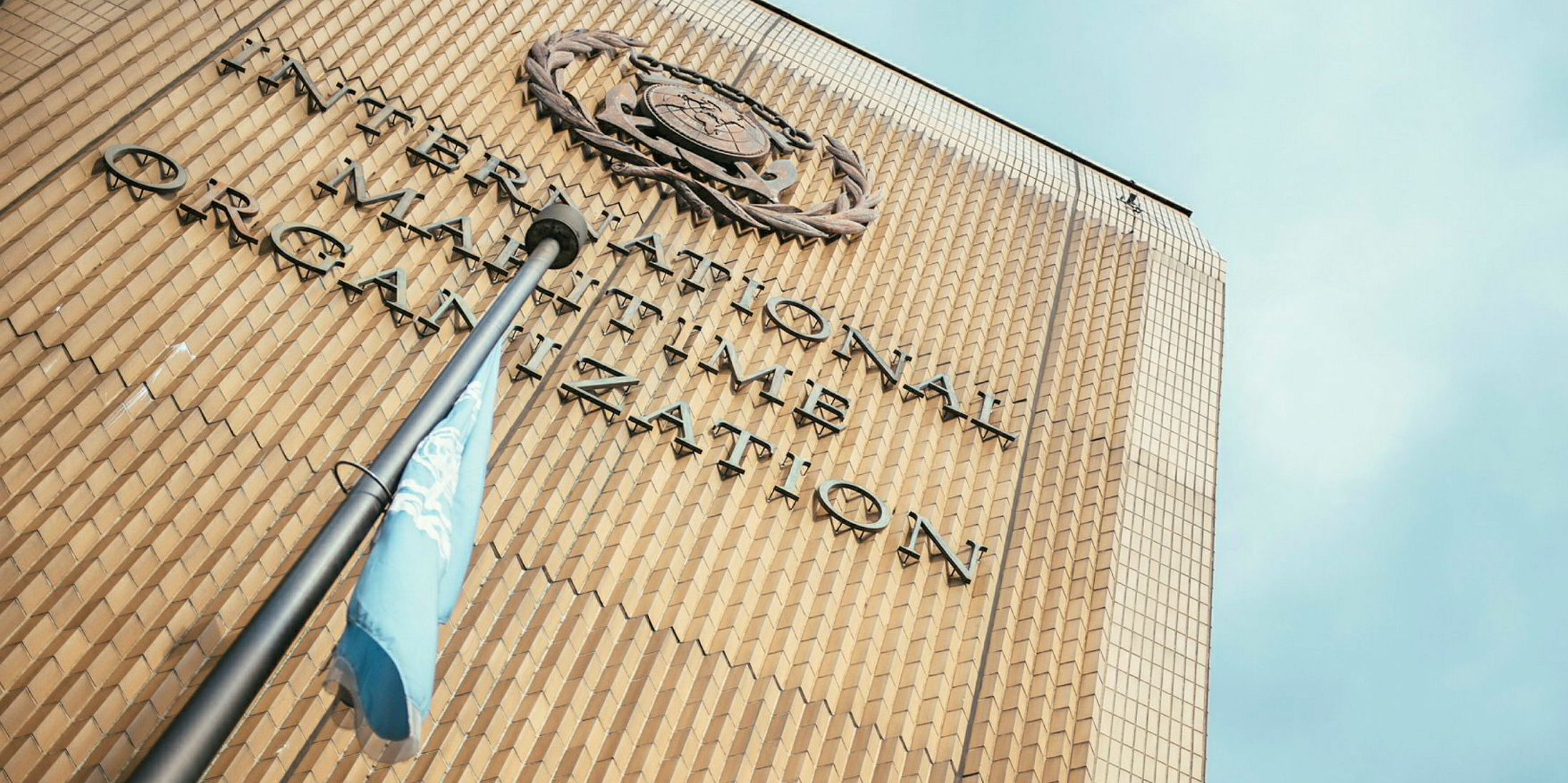Seafarers’ Rights International (SRI) and others have launched an initiative to promote the implementation of internationally agreed guidelines for the fair treatment of shipboard workers after a marine accident.
The London-based organisation is leading the move, which led to a joint government and industry conference in Manila this week where governments from leading labour-supply countries committed to the cause.
We want to raise awareness of the fair treatment of seafarers at international, regional and local levels
SRI executive director Deirdre Fitzpatrick, who was closely involved with the event, said it is clear many countries are not implementing the IMO guidelines into national legislation and are failing to abide by them more than a decade after they were first adopted in 2006.

Raising awareness
“We want to raise awareness of the fair treatment of seafarers at international, regional and local levels and advise on how best countries can implement the guidelines and have the right laws in place in the event of a maritime casualty investigation occurring in their jurisdiction,” Fitzpatrick said.
She said the guidelines represented a fair “balancing act” between protecting seafarers after a casualty and respecting national criminal and civil law, and should be more widely adopted.
The Manila event was aimed at raising awareness of the IMO fair-treatment guidelines and encouraging countries to lift them into national legislation.
“We asked IMO member states what they had done with the guidelines. One third said they had implemented them into national legislation, one third said they followed the guidelines, and one third said they had done nothing at all,” she said.
Criminal action
Fitzpatrick said Europe had widely adopted the guidelines. But she added that Spain’s pursuit of criminal action against the master of the 81,500-dwt tanker Prestige (built 1976), Captain Apostolos Mangouras, shows that countries cannot always be relied on to follow them.
A widely held view is that Mangouras, who is now 83, had acted correctly in the 2002 casualty off northern Spain, but had been “scapegoated” by the Spanish authorities.
The guidelines were introduced as a response to what was largely viewed as grossly unfair treatment and imprisonment of crew after tanker accidents resulting in pollution.

The most notorious involve the sinking of the Prestige, the spill from the 270,000-dwt Hebei Spirit (built 1993) off South Korea in 2007 after a collision and the 2003 grounding of the 56,000-dwt tanker Tasman Spirit (built 1979) in Karachi, Pakistan. The ordeal of being confined under arrest led the Tasman Spirit's chief engineer to attempt suicide.
SRI’s work shows that lack of protection following a casualty is still an issue for seafarers. “Our survey of 3,500 seafarers showed 85% of them were still concerned about criminalisation. And [criminalisation] appeared in the top three reasons that deterred people from following a career at sea,” she said.
Fitzpatrick also said that nearly half of seafarers did not want to participate in safety investigations after a major casualty because of the threat of criminalisation. This, she said, had major implications for safety in the industry.
“This means we cannot investigate casualties properly and we cannot learn from our mistakes,” she said.

Also behind the move to promote the fair-treatment guidelines are the International Transport Workers' Federation, the International Labour Organization and the IMO. More than 50 countries attended a workshop on the guidelines hosted by SRI at the Manila event.
Asian declaration
The highlight was 11 governments signing an Asian declaration on the protection of seafarers. The event had been set for major backing from the attendance of Philippines president Rodrigo Duterte, but he was not present in the end.
Fitzpatrick said that encouraging national governments to adopt the guidelines on the fair treatment of seafarers is the quickest way to see the guidelines enter into force.
She said she is concerned that an attempt to create a binding international regulation at the IMO would take too long and that such a move would also still require individual member states to adopt the regulation into their national legislation.
This article has been updated to reflect the fact president Duterte did not attend and 11 countries signed the declaration.




